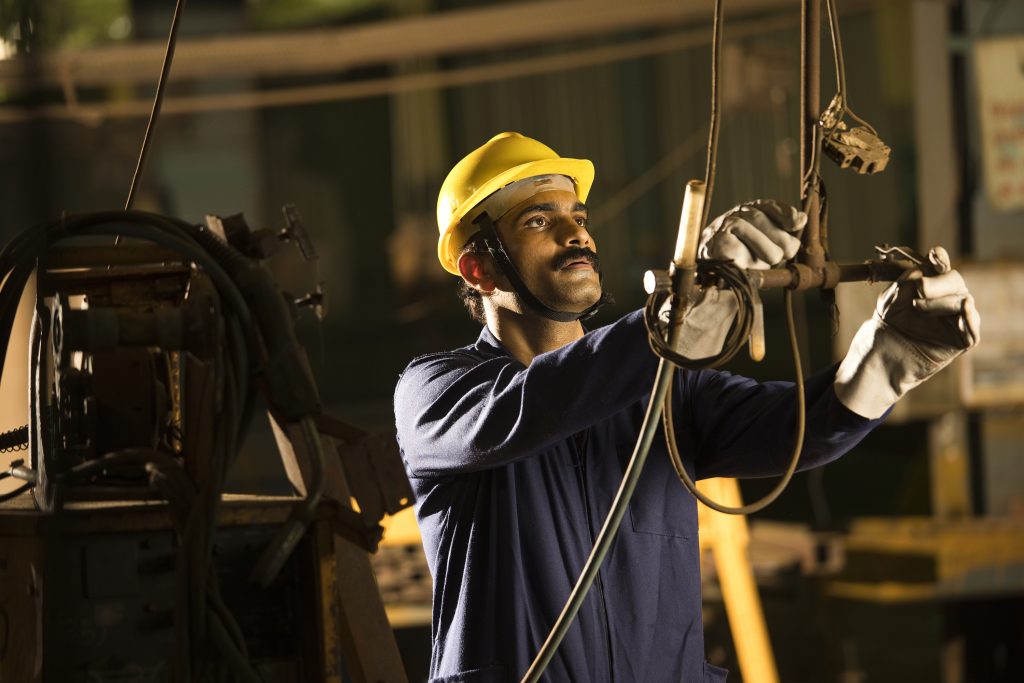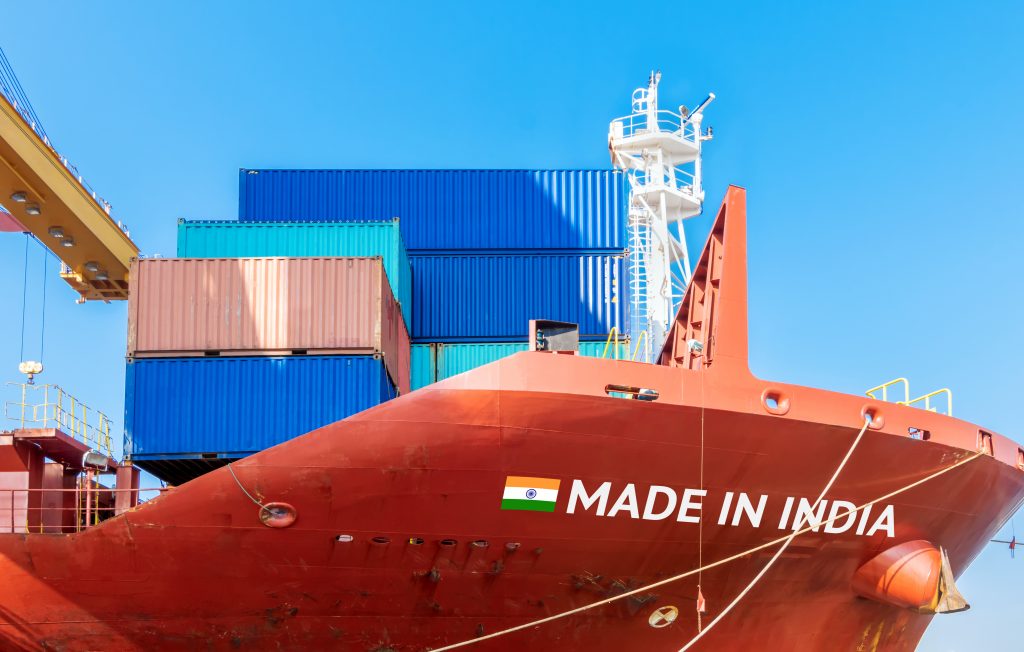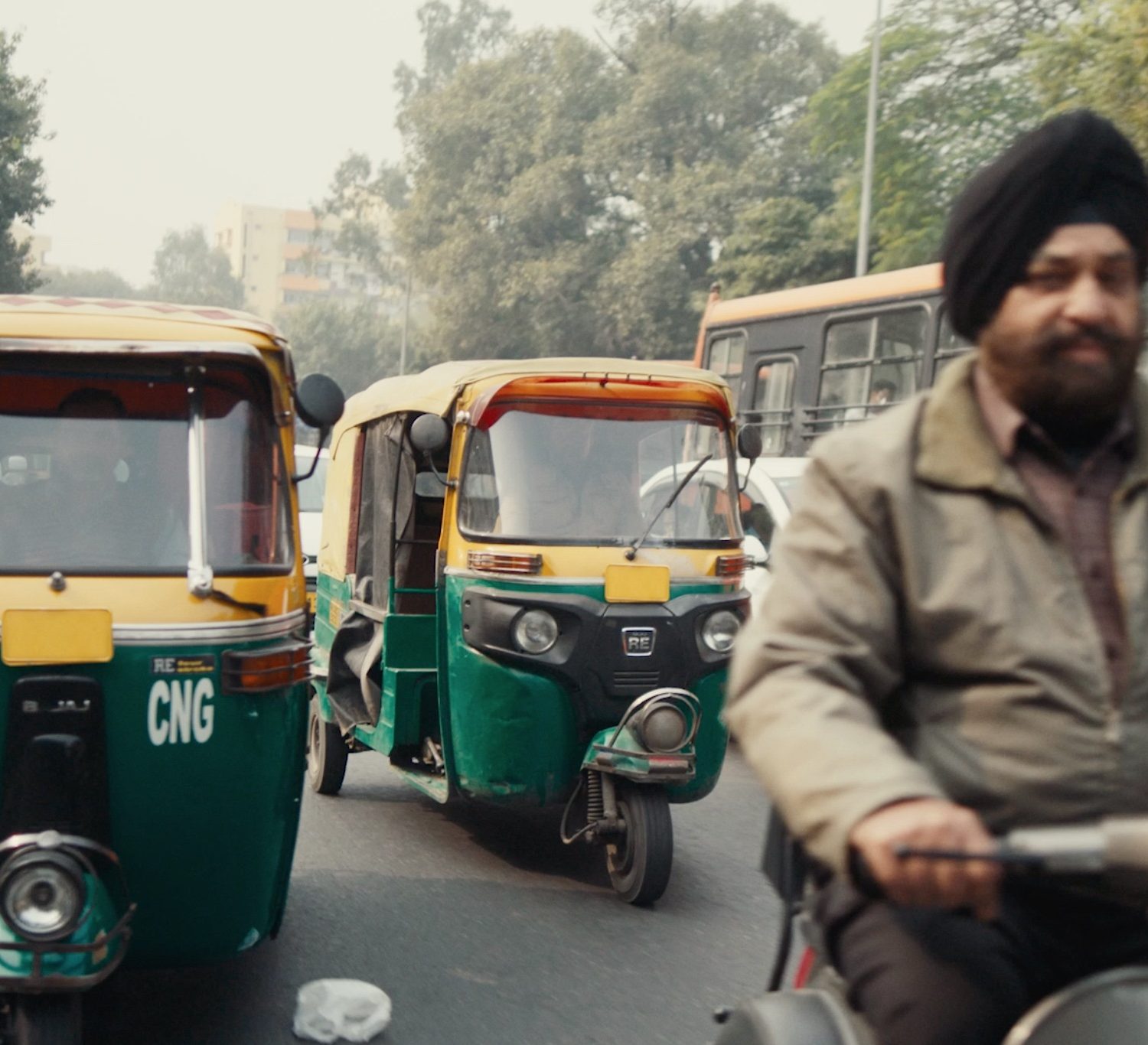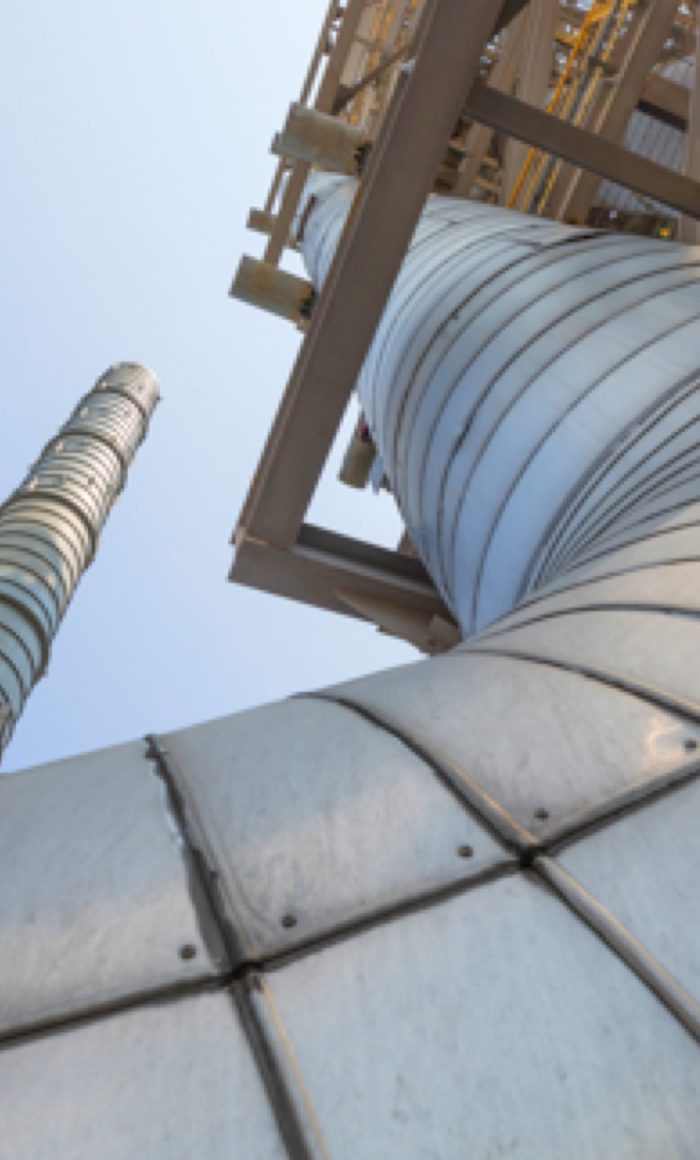How do you power unfettered growth for a country of 1.4 billion people and its industries? India is attempting to achieve this, setting ambitious development goals, part of which includes a big push for domestic manufacturing.
Even as COVID-19 creates an economic impact, India’s economic growth is looking to shake off the pandemic disruption, as the country implements a massive vaccination drive for all its people.
Building a strong manufacturing base is amongst India’s immediate priorities, with an eye to boosting exports and creating jobs for its large working-age population.
“Make in India”, a government-led initiative, is encouraging global companies to manufacture locally, as well as fostering innovation and enhancing skill development in the country’s manufacturing sector.
The initiative focuses on sectors such as automotive manufacturing, energy, food processing and machinery, amongst others. Recently, while announcing the incentive scheme for home-grown manufacturing, Indian prime minister Narendra Modi emphasised that the aim is to “make in India, make for the world.”

India’s manufacturers are growing their skills and capabilities to take on the world.
With this support, many small-and-medium Indian manufacturers are gearing up to compete in the global market. This growth also means greater collaboration with global companies that can bring the advanced technologies and raw materials needed to produce world-class products.
One company supporting Indian manufacturers’ global aspirations is ExxonMobil, which is working closely with local manufacturers across sectors like food processing, automotive, agriculture, pharmaceuticals and others.
ExxonMobil not only supplies them specialty chemicals and raw materials to make high-quality everyday products, but also collaborates with them to innovate environment-friendly solutions.
Teaming up for more sustainable solutions
As countries move to regulate single-use plastics, many companies are increasingly looking for sustainable packaging solutions.
Most food packaging is made of multiple types of polymer films layered together. Such multilayer packaging is very difficult to recycle and often ends up in landfills. One of the ways to solve this is by replacing the multiple layers with a single type of polymer, such as polyethylene.
ExxonMobil has collaborated with Indian packaging manufacturer Shrinath Rotopack and packaging-machine maker Syntegon to address this challenge.
Last year, the trio successfully innovated recyclable packaging for dry foods that can readily replace multilayer plastic packaging while delivering the same benefits as multilayer plastic.
ExxonMobil also teamed up with one of India’s leading salt brands and Oswal Extrusion (a local producer of film laminates) to develop a recyclable packaging solution.
The new packaging film developed by ExxonMobil and its Indian collaborators has been certified by India’s Central Institute of Plastics Engineering and Technology, and is all set to replace the 1-kilogram salt packets used by the premier salt company.
This also means the new packaging could be recycled in a variety of ways once the end users don’t need it anymore, such as mixing it with asphalt to pave roads or with conventional raw materials to even make new plastic.
ExxonMobil’s collaboration with Indian companies, however, goes far beyond packaging. When SERVOMED, a Kolkata-based manufacturer and exporter of medical equipment, was looking to improve the quality of their medical products, they made a switch to specialty chemicals by ExxonMobil.
As a result, the quality of their PPEs and N-95 masks improved significantly, with the masks providing better comfort to users.
“ExxonMobil’s polypropylene solutions work wonderfully for our medical products in terms of properties but also the touch and feel of the fabric,” says Sandip Jalan, Managing Director, Servo Plastics Pvt. Ltd.
This switch helped SERVOMED gain a solid reputation for quality, enhancing their brand perception.
As India manages the COVID-19 impact and chases the “Make in India” vision, its manufacturing sector is being supported with the advanced technologies and raw materials to improve its global competitiveness.




